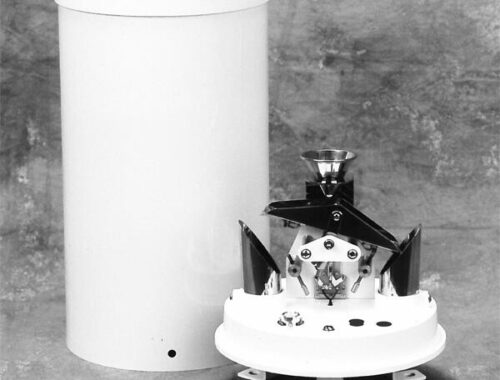White House Rejects Petition to Pardon Snowden
The White House on Tuesday formally rejected a ‘We the People’ petition to pardon Edward Snowden, the National Security Agency (NSA) whistleblower who has been living in exile since exposing the U.S. government’s invasive spying operation in 2013.
More than 167,000 people signed the petition urging the government to grant him clemency, stating in their petition that Snowden is “a national hero … [who] should be immediately issued a full, free, and absolute pardon for any crimes he has committed or may have committed related to blowing the whistle on secret NSA surveillance programs.”
Not only will Snowden not be pardoned, the Obama administration said, he should face criminal charges for his actions.
“Mr. Snowden’s dangerous decision to steal and disclose classified information had severe consequences for the security of our country and the people who work day in and day out to protect it,” Lisa Monaco, adviser to President Barack Obama on homeland security and counter-terrorism, said in a statement on Tuesday. The White House issued its rejection two years after the petition was delivered.
The U.S. filed espionage charges against Snowden after he leaked a cache of NSA documents to journalists, revealing the agency’s vast and invasive collection of Americans’ phone and internet activity and prompting an ongoing global debate over the role of government surveillance and the nature of individual privacy.
SCROLL TO CONTINUE WITH CONTENT


